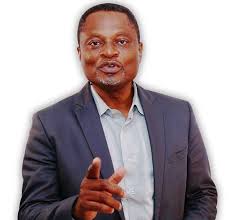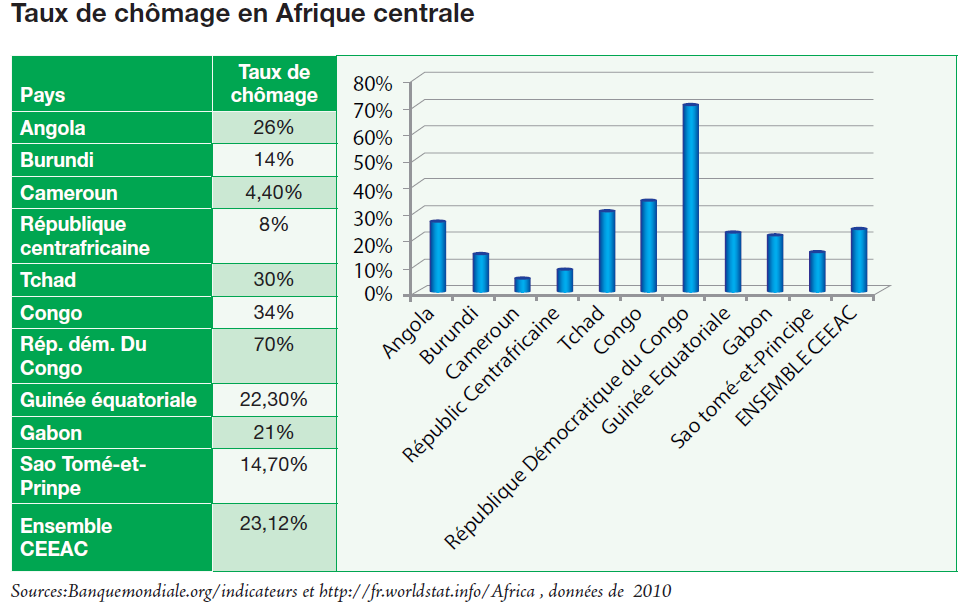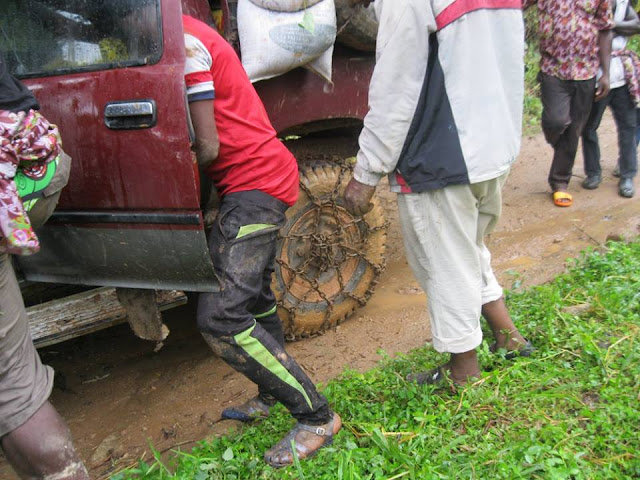This post was originally written in November 2014 but recent events have made it more relevant than ever.
The goings-on in Ferguson, where
the wanton murder by a White policeman of an unarmed Black youth and the
establishment’s refusal to indict the White policeman sparked riots in the USA;
coupled with the feeling of wonder expressed by the White community there, had
me drawing parallels with Cameroon and the cold shoulder our Francophone
partners turn to us when massive arbitrary arrests, event disruptions, murders
and other human rights abuses go on in Cameroon against “SCNC militants” and we
expect them to take up our defence against an oppressive regime. In Ferguson
for example, we see some Whites supporting the cause of the Blacks, helping to
remind authorities that Black lives matter too, perhaps out of intellectual
honesty. But when Anglophones receive
such shabby treatment, can we expect any liberty loving Francophone voices to
take up their defence? Never, if what we have seen so far is to be depended
on.
Francophone intellectuals are simply
ignorant (by ignorant I mean “to ignore”) about, and unaccommodating of,
Anglophones when it comes to their identity, their culture, their
self-determination. These issues of identity are a matter of life and death to
us Anglophones but Francophones could not careless. No, I am not talking about
your neighbours who manage a few words in pidgin because they travelled to Kumba
once, in the course of their job, or those whose kids are doing English education,
who point to this as a sign that they are not prejudiced against English
speaking Cameroonians. I am talking about people of power, people who can do
and undo. I am talking about the people who often mount the rostrums on Sunday
afternoons in intellectual commentaries like “Canal Presse”, newspaper editors,
university dons, and above all, state officials of all ranks.
 |
| Anicet Ekane is perhaps one of the few who regularly speaks up for Anglophones and admits that they deserve better. |
Do not be fooled. No one has any
use for Anglophones here, in the capital. These Anglophones, who come to you
from Yaounde with promises of glory, development projects, promotions,
transfers, etc., are living a sorry life here. They come to canvass your votes
so they can use them as leverage to beg for promotion for themselves. They need
your votes to be taken seriously, since all of them feel that as outcasts, no
one in Yaounde listens to them or watches to see if they have any competence,
any useful message. Only a high CPDM score in their villages matter. Only this
can give them the wherewithal to aspire to a position which nevertheless
requires leadership, insight, creativity to handle.
 |
| Mono Ndjana may be a philosopher and trade unionist, but he has proven his brain to be too small to understand the ramifications of Anglophone marginalisation. He thus describes Anglophone militants as lacking in patriotism. Like telling ANC in Apartheid South Africa that they should hush, lest they disgrace the "beloved country". |
Not that anyone even wants a competent
Anglophone anywhere. That is why our stars here are the greatest buffoons (like
the guy who, to avoid heeding a magistrate’s summons, staged a mass “resignation” of "SCNC militants" into the CPDM. The
fact that this diversionary tactic did not spare him is not our focus).
 |
| Ndam Njoya, a seasoned politician and former minister, noted for staying mum on Anglophone marginalisation, despite running for president several times. |
 |
| Sosthène Fouda: The younger generation of politicians, but not doing better than their predecessors. |
That is why an obscure
translator, turned civil engineering contractor, baker and bar owner from an
economic backwater like Mbengwi suddenly becomes an assistant minister of trade
(never mind whatever name they called it then), then minister of culture,
things she had previously shown no knowledge or love for. At the same time,
incompetent ministers of justice bungle from blunder to blunder in operation Sparrow-hawk,
no one thinks that legal luminaries from this lady minister’s clan can help
better pilot the anti-corruption operations and recover stolen state money. I
could go on but let me spare our dear Anglophone elites in Yaounde some embarrassment.
After all, nemesis should have its role too.
But Anglophones, “be not fooled”, to quote
Matthew Takwi though his message is universal and not aimed solely at
Anglophones. The Anglophone problem is simply what its name calls it: an
Anglophone problem. It is not a political issue on the Francophone agenda. They,
our Francophone counterparts, brethren, colleagues, comperes, mates,
compatriots, know that it is a military problem and trust Biya and his BIRS to
stymy any dissent. So they have little time to dally with it. It can be
mentioned in passing but nobody considers that the foundation of the nation,
the philosophy on which it is built is under threat from a rival philosophy
(like Anglophone statehood) or militancy (like the SCNC). They are more
interested in making money (Bamileke) or getting top government posts (Beti) or
salvaging what remains when the two other dominant tribal groupings have served
themselves (Northerners), to waste an iota of sentiment on judging the ethics
of Ahidjo’s annexation. This might be ethno-typical but nothing proves that it
is wrong.
And this is why I laughed when I
heard a friend from Bamenda proposing that the Cameroon presidency should
rotate between Anglophones and Francophones. Is it reasonable to expect any accommodation
from Francophones in the form of a Rotative Presidency? No one takes
Anglophones seriously here to even start considering such an outlandish idea.
To Francophones, that is a lot of effrontery, a lot of guts...you need to see
the way most Francophone media houses treat John Fru Ndi, the SDF, etc. These
have become their scape goats for people’s personal political frustrations.
You need to see how much public
disgrace Yang Philemon suffers or has suffered, from the media, from the
indomitable lions. You need to see how Amah Muna was described as a Nigerian by
Ndedi Eyango. You need to see how much respect is shown to Peter Essoka at the
NCC. One media house that has been a regular victim of NCC sanctions suddenly
managed the boldness to contest sanctions meted by Peter Essoka under the same
conditions as those previously meted by Befe Ateba, probably hoping this time
to capitalise on the Anglophone interim president’s fragile position to overturn
the decision.
 |
| Owona Nguini, the famous and favourite "politologue" of many, Francophones and Anglophones alike, tends to forget Anglophones in his brilliant analyses. |
 |
| Denis Nkwebo, journalist and trade unionist: firebrand but biased? |
The answer to our initial
question can thus be emphasized: Nothing good will come easy from our Francophone
brothers. We should expect no sympathy from them because it simply means giving
up their Francophone privileges. Just like many Whites do not understand why Blacks
are protesting the murder of an unarmed Black youth in Ferguson, USA, so too no
Francophone will understand what Bate Besong, and others are protesting in
their literature. What the SCNC is protesting at UNPO. What our people decry
day in day out each time they have the chance to. No one is even listening.
Francophones see the SCNC as
completely pointless and irrelevant, thought the government treats them worse
than Boko Haram. Talk to them about an Anglophone problem and they will simply
wonder dismissively what the issue is. To Francophones, “Anglophones are not the only tribe since there are other tribes like
Bamilekes, Nordese, Bassa, Bamoun, etc.” Anglophones, they say, “are not the only minority; we have
minorities like Pigmies, Fulanis, etc”. They think that Anglophones should “integrate”
(meaning to abandon their Anglophone-ness and adopt Francophone-ness) and stop
being cry babies! I mean, these are declarations from university professors,
not your street tom and dick. I have a lecturer (who just returned from Germany
and has nothing to do with the political order of the day) who even classifies
Anglophones under Bamilekes (the same ethnicity and pre-colonial history being
his reason). In other words, he does not find them worthy enough of making the
difference.
Even in the upper echelons of
power. Paul Biya may have read a few words in English while in Buea or Bamenda
but the state hardly cares for Anglophones. Equatorial Guinea, 500.000
inhabitants and has imposed Spanish as a language in CEMAC. Biya and co have
been unable to impose English, despite a population and economy bigger than
Equatorial Guinea or Gabon, despite the much harped “number 1 in Central
African Region” often claimed as achievements by state authorities in almost
every walk of life. As such, although Anglophone wealth helps buttress what
little value the Franc CFA has, working in BEAC is a no go area for Anglophones.
Do not expect service from them in English, even their website, though being a tool to communicate with the whole world, does not offer
an English version.
Such attitudes have an effect on
Anglophones. Because of the stigma of being described as “Cameroon a gauche”,
several Anglophones pretend to be Francophones when they meet their Anglophone
mates in everyday social situations, in a taxi, in the ministries, at the
police station, etc, because this confers an air of superiority. Similar effects
have been noted in the Black community in the US, successful Blacks go for
White spouses as a means to dilute the stigma of Blackness. This has never
helped them because, to borrow from Ferguson, “none of us is free till all of us are free”. Anglophones, who
because of privileges at their oppressor’s tables now think they are better,
like Achidi Achu, Dione Ngute, etc. who have made public statements claiming
that no Anglophone problems exists in Cameroon, should remember this.
The Nay Sayers...
 |
| Achidi Achu: Saying nay all the way into the grave? |
 |
| Amah T. Muna: "Nigerian, because her father served in Nigeria before independence", says Eyango. But those gold earrings must have rang too loudly in her ears for her to hear. |
 |
| Nakuve Endeley: The venerated Chief and Chief Justice who had never seen "Anglophone" in the dictionary. |
 |
| Dione Ngute: Wants Anglophones to be as discreet and self effacing as he is! |
 |
| Agbor Tabi: Probably still saying No!...from heaven. |
 |
| PM Yang Philemon: Surely needs clearer glasses to see that Anglophones are being cheated of their birth rights. |
Finally, let’s recall that no one
will attribute any value to us if we do not claim it, we all have this
collective duty of defending our dignity as a people, not just fighting for
personal aggrandisement in whatever post can enable us to steal money. This is
politics and not religion. We must stop saying that “one day things shall be
well” just to avoid confronting our oppressors because silence is complicity.
To my Yaounde friends, the Atanga Njis, Yang Philemons, Amah Munas, Achidi
Achus, etc,: just as a log of wood would not become a crocodile in reward for
long life in water, so too you will not be accepted as a Francophone for you
long life in Yaounde. So make them see that Anglophones are humans, full
citizens and not a cheap source of CPDM votes.
By Tengwan Ambe Frederick,
Freelance Translator and Communications Specialist














Yeah, guys, you know, this is a fuller version of the update of facebook. God bless us all.
ReplyDeleteCongratulations!Courage Brother!
ReplyDeleteOh, thanks, Arnaud Noel. We are in this together.
DeleteInvest with 200$ and get a returns of 5,000$ within seven business working days.
ReplyDeleteWhy wasting your precious time online looking for a loan? When there is an opportunity for you to invest with 200$ and get a returns of 5,000$ within seven business working days. Contact us now for more information if interested on how you can earn big with just little amount. This is all about investing into Crude Oil and Gas Business.
Email: investmoneyoilgas@gmail.com